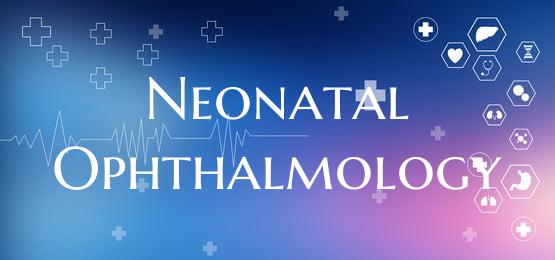
Neonatal Ophthalmology
Neonatal Ophthalmology: Understanding and Addressing Eye Health in Newborns
Neonatal ophthalmology refers to the branch of medicine that focuses on the eye health of newborns and infants. It is a critical field as proper eye care during the neonatal period can significantly impact a child's visual development and overall well-being. Understanding the unique challenges and conditions that can affect newborns' eyes is essential for early detection and intervention.
One of the key aspects of neonatal ophthalmology is the screening for common eye conditions that can be present at birth or develop shortly after. Some of these conditions include retinopathy of prematurity (ROP), congenital cataracts, glaucoma, and strabismus. Early detection of these conditions through regular eye examinations can help prevent vision loss and other complications.
In addition to screening for eye conditions, neonatal ophthalmologists also focus on providing treatment and management options for newborns with eye problems. This may involve prescribing glasses, eye drops, or ointments, performing surgeries for conditions like cataracts or strabismus, or providing vision therapy to improve visual function.
Moreover, neonatal ophthalmologists work closely with other healthcare professionals, such as pediatricians, neonatologists, and genetic counselors, to ensure comprehensive care for infants with eye issues. They play a crucial role in educating parents about the importance of eye health in newborns and guiding them on how to monitor and care for their baby's eyes effectively.
In conclusion, neonatal ophthalmology plays a vital role in safeguarding the eye health of newborns and infants. By staying vigilant, screening for potential eye conditions, and providing timely interventions, neonatal ophthalmologists contribute to ensuring that every child has the best possible start to a lifetime of healthy vision.